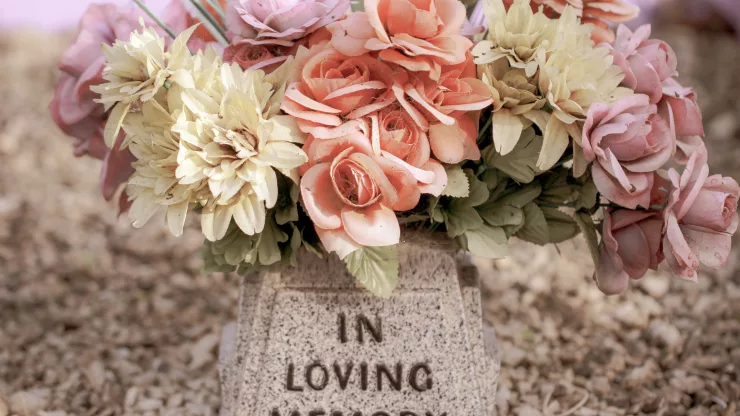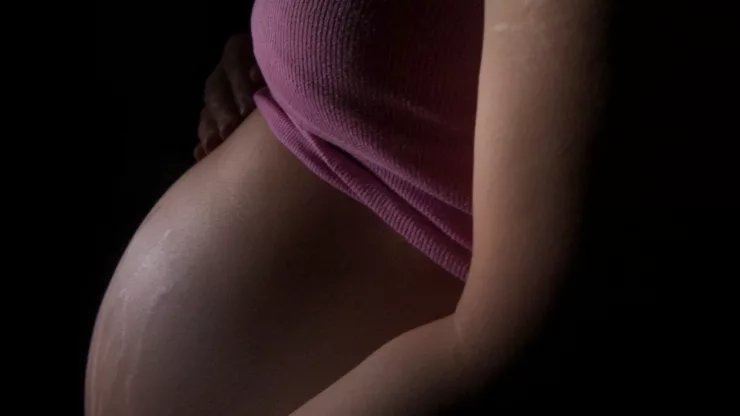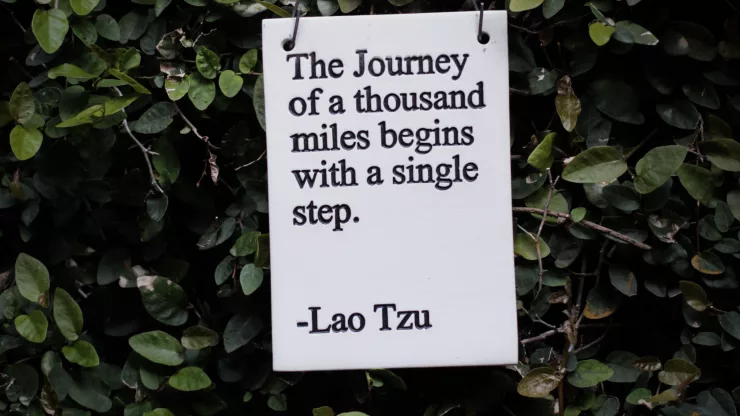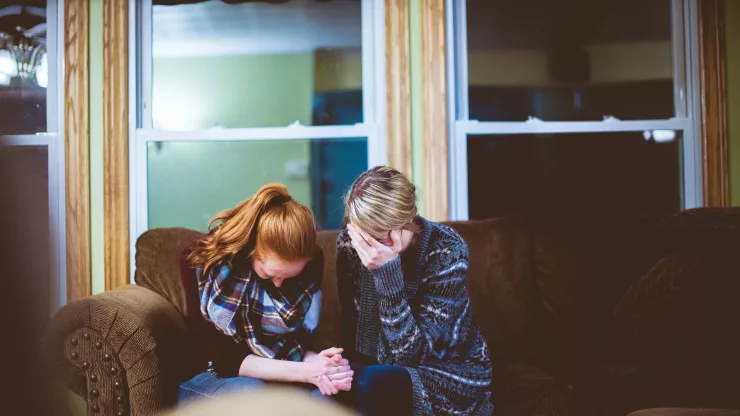The death of a loved one is one of the most difficult experiences anyone can go through. It is a time of intense sadness, confusion, and pain.
However, it is also a time for healing and growth.
In this article, we will explore the different stages of grief, coping mechanisms, ways to celebrate the life of your loved one, and how to move forward and find hope.
Jump to Section
Understanding Grief: The Different Stages
Grief is a complex process that is different for everyone. However, there are several stages that most people go through.
These stages include:
- Denial and shock
- Anger and guilt
- Bargaining and depression
- Acceptance and hope
It is important to remember that these stages are not linear and that you may move back and forth between them. It is also important to give yourself time and space to grieve and to not rush the process.
Coping Mechanisms: Finding Your Own Way
Everyone copes with grief differently. Some common coping mechanisms include:
- Talking to friends and family
- Seeking therapy or counseling
- Engaging in self-care activities, such as exercise and meditation
- Joining a support group
- Finding ways to honor your loved one
It is important to find what works for you and to not judge yourself for how you are coping. It is also important to ask for help when you need it.
Celebrating Life: Honoring Your Loved One
One way to cope with the death of a loved one is to find ways to celebrate their life. This can include:
- Holding a memorial service or funeral
- Creating a memory book or scrapbook
- Planting a tree or garden in their honor
- Donating to a charity in their name
- Doing something they loved, such as cooking their favorite meal or taking a trip to their favorite place
Honoring your loved one can help you feel closer to them and keep their memory alive.
Moving Forward: Creating a New Normal
Moving forward after the death of a loved one can be challenging, but it is possible. Some tips for creating a new normal include:
- Setting new goals and finding new hobbies
- Staying connected with friends and family
- Seeking professional help if needed
- Allowing yourself to feel a range of emotions
- Finding meaning and purpose in your life
It is important to remember that moving forward does not mean forgetting your loved one. It means finding a way to live your life without them physically present.
Finding Hope: A Journey Towards Healing
Healing after the death of a loved one is a journey. It is important to be patient with yourself and to not put pressure on yourself to "get over" your grief.
Some ways to find hope and healing include:
- Practicing gratitude and mindfulness
- Connecting with others who have experienced loss
- Finding ways to give back to your community
- Learning to live in the present moment
- Seeking spiritual or religious support
Remember that healing is a process and that it is okay to take your time.
FAQ
How long does grief last?
Grief is a unique and individual experience, and there is no set timeline for how long it lasts.
Some people may feel intense grief for months or even years, while others may feel better after a few weeks.
It is important to give yourself time and to not rush the process.
Is it normal to feel angry after a loved one dies?
Yes, it is normal to feel angry after a loved one dies. Anger is a common stage of grief, and it is important to allow yourself to feel and express your emotions in a healthy way.
Is it okay to seek professional help for grief?
Yes, seeking professional help for grief is a healthy and normal way to cope. A therapist or counselor can provide support and guidance as you navigate the grieving process.
How can I support a friend or family member who is grieving?
The best way to support someone who is grieving is to listen and be present. Offer to help with practical tasks, such as cooking or cleaning, and check in regularly to see how they are doing.
Avoid saying things like "everything happens for a reason" or "they are in a better place," as these statements can be hurtful.
Dealing with the death of a loved one is never easy, but it is possible to find healing and hope.
Remember to give yourself time and space to grieve, find what coping mechanisms work for you, honor your loved one, and seek support when you need it.
With time, you can create a new normal and find joy and meaning in your life again.

With a deep passion for personal development, Ben has dedicated his career to inspiring and guiding others on their journey towards self-improvement.
His love for learning and sharing knowledge about personal growth strategies, mindfulness, and goal-setting principles has led him to create My Virtual Life Coach.
Contact Ben at [email protected] for assistance.




